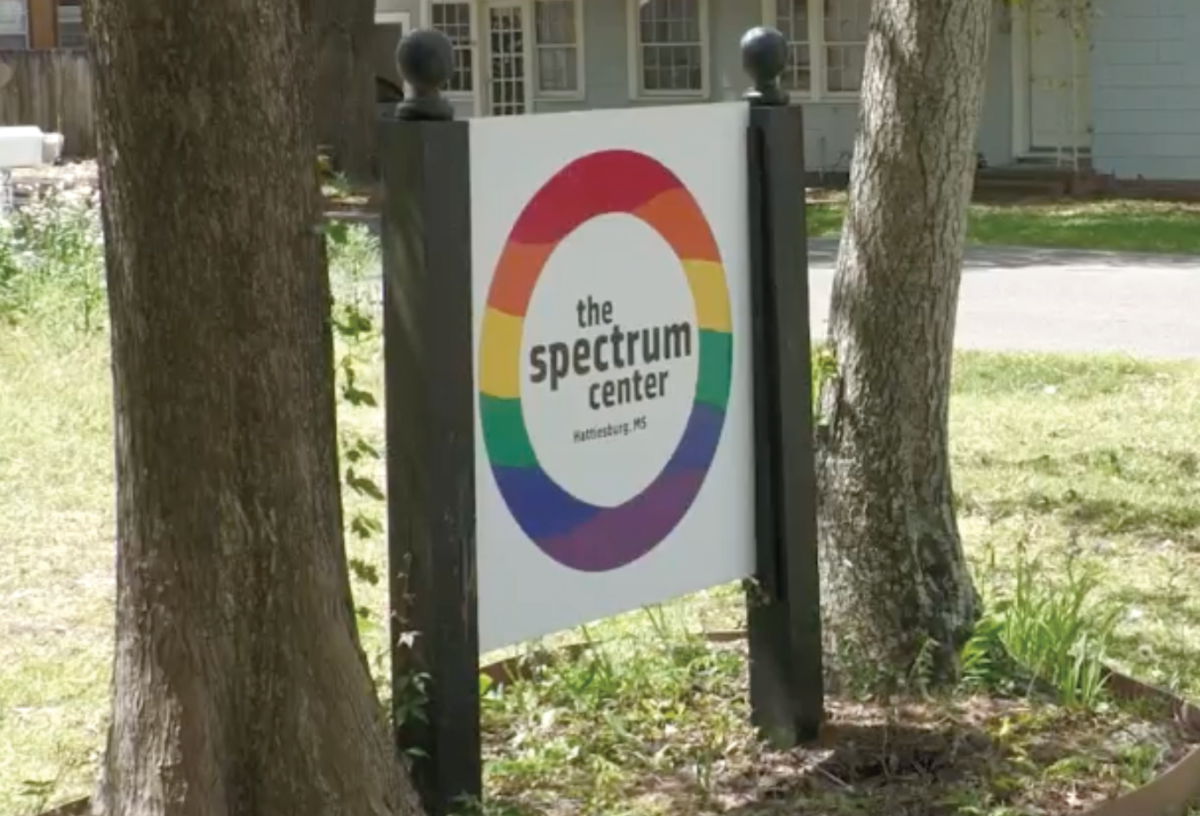Credit: Alexander Gray on Unsplash
Lawmakers in Mississippi want to legally define terms like “male” and “female” to protect women, but some transgender and gender non-conforming Mississippians think otherwise.
There are four of these bills active in the Mississippi legislature.
The most notable is HB 1607, dubbed the Mississippi Women’s Bill of Rights. The bill creates legal definitions for sex and gender terms. It defines “males” as people who can or used to be able to make sperm. “Females” are people who can or used to be able to make ova.
The bill defines “sex” as binary and determined at birth. The terms “mother,” “father,” “man,” “woman,” “boy,” and “girl” are determined by sex. It states that intersex people are not a third sex and “must be accommodated consistent with state and federal law.”
The bill’s purpose is to define sex in order to protect women’s rights and dignity and prevent discrimination. However, those at The Spectrum Center disagree.
TSC is a non-profit community center for LGBTQ+ people in Mississippi. Founded in 2014, they’ve hosted events like this in addition to programs and resources for the local community.
TSC President Mickie Stratos believes the bill uses the cause of women’s rights as a “disguise” to target transgender people.
“It really has nothing to do with the needs of women in this state or in general,” they said. “It doesn’t target women’s healthcare, or expanded access to Medicaid, or the rights of women just to various things within their daily lives.”
There are other bills in the state legislature on this topic. They all use the same definitions of “male,” “female,” and “sex” and have the same vague measures for intersex people.
MS HB585, also called the Dignity and Safety for Incarcerated Women Act, would make it illegal for people in prisons and college campuses to use the bathroom, changing room, or dorm other than the one that aligned with their birth sex.
MC HC33, like HB1607, legally defines sex and establishes that there are important reasons to distinguish between men and women, such as in athletics, restrooms and more, for safety, dignity, and other purposes.
The third is SB 2753, also called Securing Areas for Females Effectively and Responsibly, or SAFER, Act. The bill requires that public areas either have different restrooms and changing rooms that are single-sex only, or one room for both sexes.
It would require dormitories and fraternity and sorority houses that are single-sex only to remain that way. It would prohibit people from using the restroom, changing room, dormitory or fraternity/sorority housing of the opposite sex, and allowed for people to sue violators.
As the bills work their way through the state legislature, TSC held a celebration for Easter weekend and Transgender Day of Visibility. TDOV and Easter occurred on the same weekend this year, March 31.
All Saturday afternoon, they invited guests to eat food, play mini-games, and mingle together at the TDOV Mixer. Guests moved through stations participating in different activities. Those who completed each activity got put into a raffle to win a special prize.
Volunteers set up one table with refreshments, and another with prizes like stickers, candles, and small trophies.
Volunteer Zack Bond considers TSC a core part of his social life. When asked what he wants cisgender people to understand about transgender people, he said,“I wish that cisgender people understood that just like they know what their gender is and who they are, we do as well. And it’s very simple, and it’s not complex at all. We just wanna live our lives just like they are.”
Categories:
The Spectrum Center celebrates Trans Day of Visibility
For Trans Visibility Day, Hattiesburg’s own Spectrum Center made sure to celebrate.
0
Donate to SM2
Your donation will support the student journalists of University of Southern Mississipi. Your contribution will allow us to purchase equipment and cover our annual website hosting costs.
More to Discover


























